
This article is more than
1 year old
The President-elect boasts he will end the Ukraine war “within 24 hours” – but there is rising panic about how he could make that happen.
Ukraine’s fight for freedom now hinges on just one man: President-elect Donald Trump.
Unease over continued support from the White House for Kyiv’s struggle to resist Russian invaders has spiked after almost three years of war.
Moscow’s meat-grinder approach in throwing its vastly superior numbers of tanks, artillery and troops into Ukrainian defences has produced a turnaround in fortunes in recent months.
It’s been gradually pushing Kyiv’s forces back, putting several strategic cities at risk of reoccupation.
Ukraine’s troops are tired.They’re fighting with a motley collection of cast-off weapons from around the globe.
But mostly, they’re relying on US financial support to keep the economy alive and ammunition flowing.
“A lot of people have fear,” charity Hope for Ukraine chief executive Yuriy Boyechko told US political analysts at The Hill.
“The worst thing in life is unknowing, when you don’t know what to expect — that’s what they have to live through right now and that’s the worst thing.”
President-to-be Trump has insisted he will end the war “within 24 hours” of taking office. He’s not indicated how.
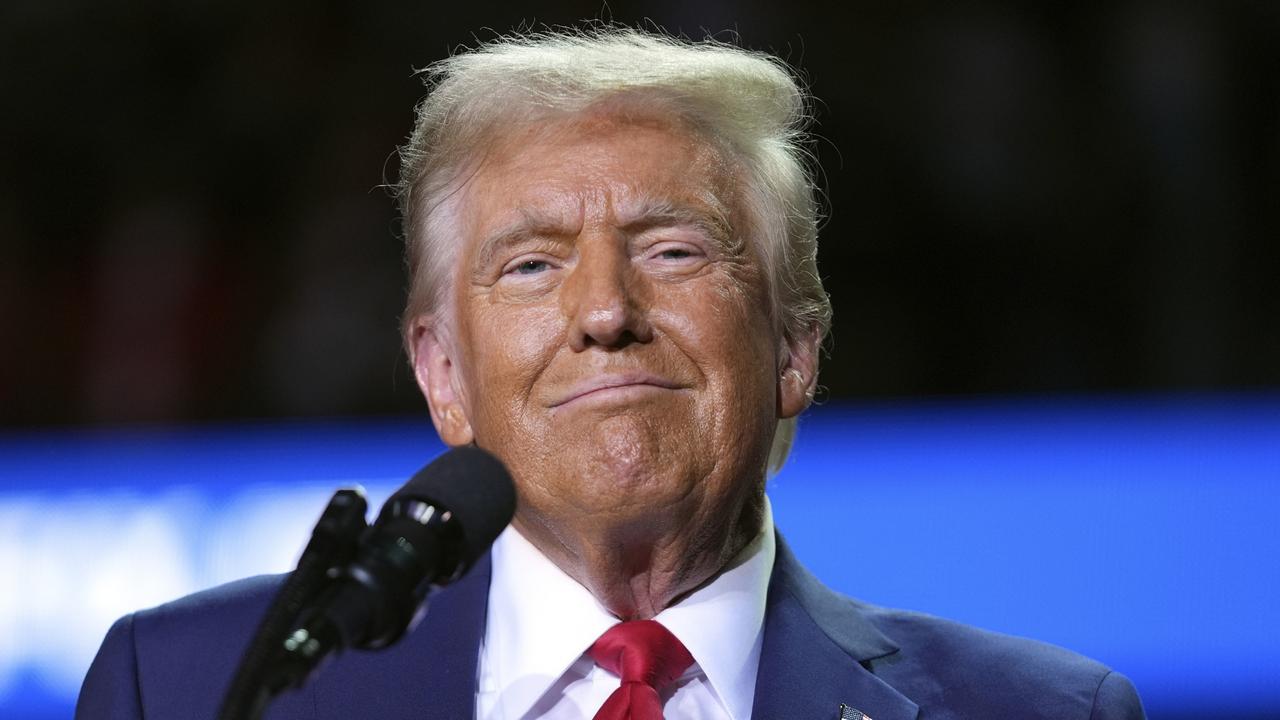
One known unknown is Mr Trump’s affection for Russian dictator Vladimir Putin.
He’s repeatedly called the dictator a “genius”. He’s kept in close contact after losing office on January 6, 2021.
This has analysts fearing he will seek to appease Putin by revoking support for Ukrainian President Volodymir Zelensky and forcing the democratic nation of 37 million people to surrender its eastern territories as the price of peace.
Kyiv is nervously awaiting any signal of Mr Trump’s true intentions.
“We have learned that if we fight the Russians, we die in thousands,” former Ukrainian MP Lesia Orobets told the Centre for European Policy Analysis (CEPA).
“If we give in to the Russians, we die in millions.”
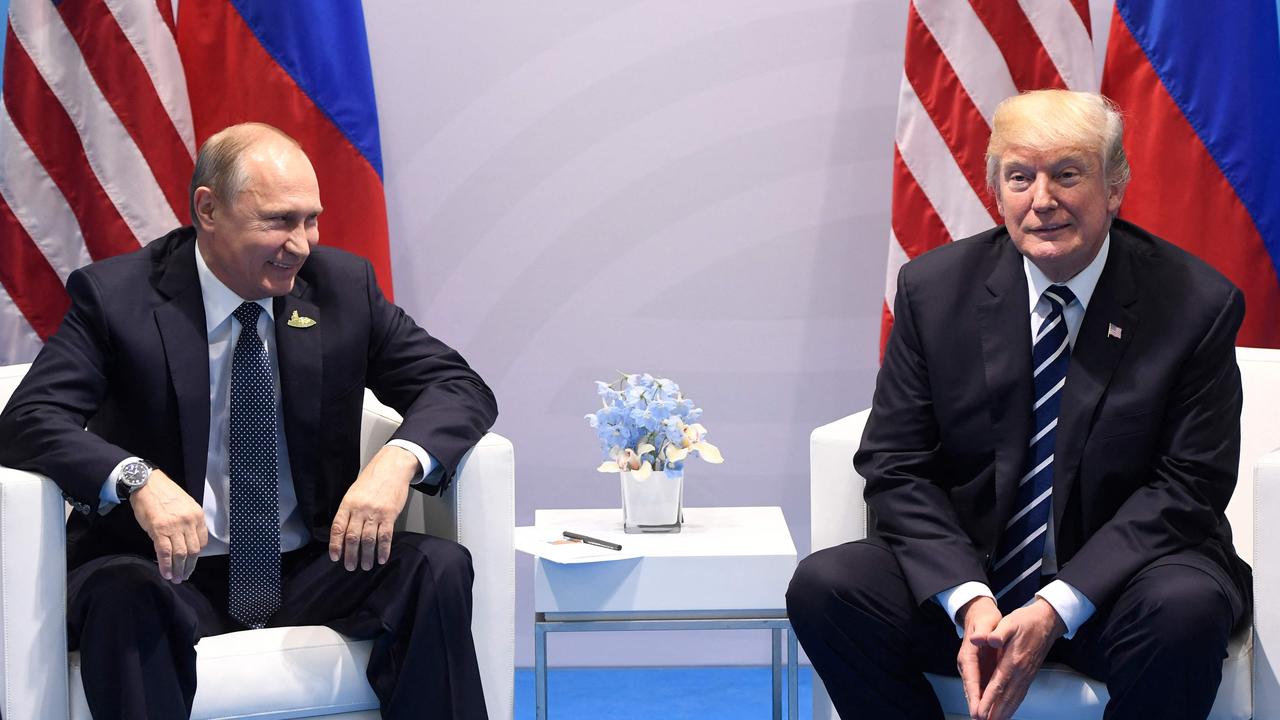
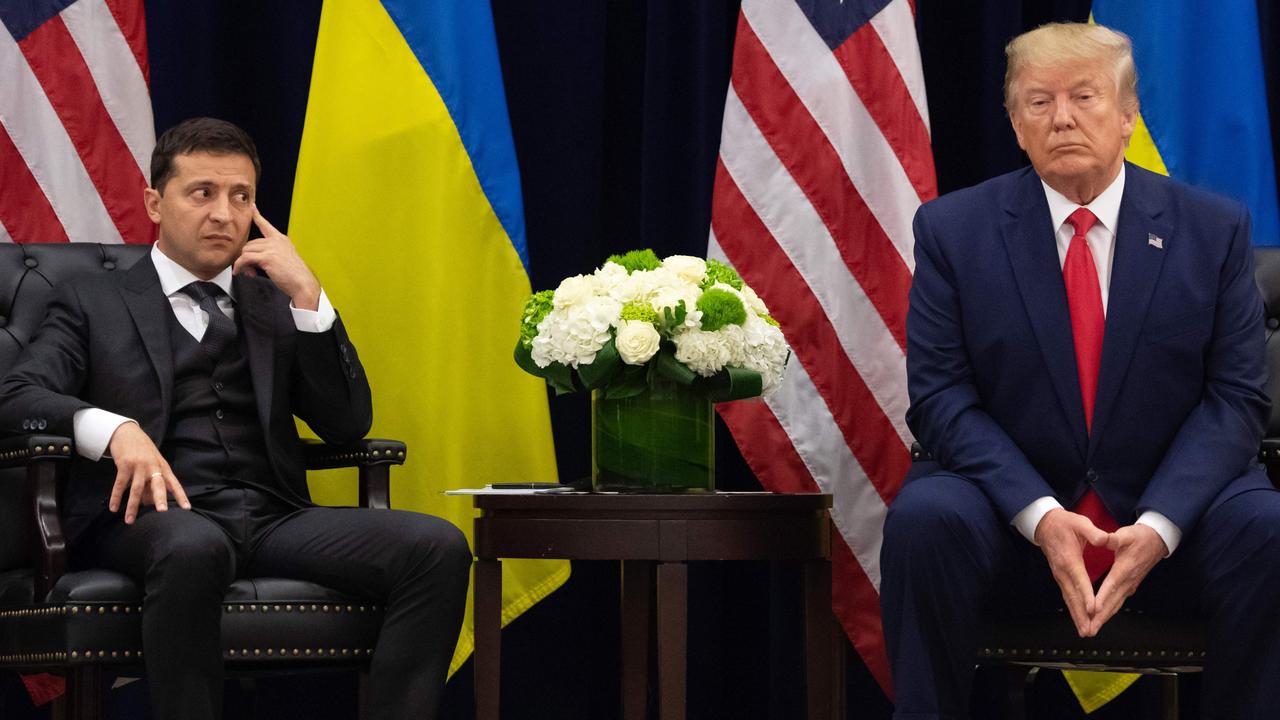
Putin’s power play
President Putin did not congratulate Mr Trump immediately after his victory as other world leaders did. That’s despite his “friend without limits” Chairman Xi Jinping of China being quick to do so.
“Let’s not forget that we are talking about an unfriendly country that is directly and indirectly involved in a war against our state,” Putin’s press secretary Dmitry Peskov said.
“Our conditions are unchanged and are well known in Washington.”
But Putin later told a conference that Mr Trump’s “desire to restore relations with Russia, to help end the Ukrainian crisis, in my opinion, deserves attention at least”.
Former Trump administration ambassador to NATO Kurt Volker says Mr Trump is determined to bargain his way to an outcome for Ukraine’s future.
“He will make a phone call to Putin as quickly as possible” and tell the Russian president that “he needs to stop the war”, Mr Voker told the Kyiv Independent.
But Putin will likely be a “cunning and wily opponent”, Mr Volker adds.
And his game began with his response to the November 5 vote.
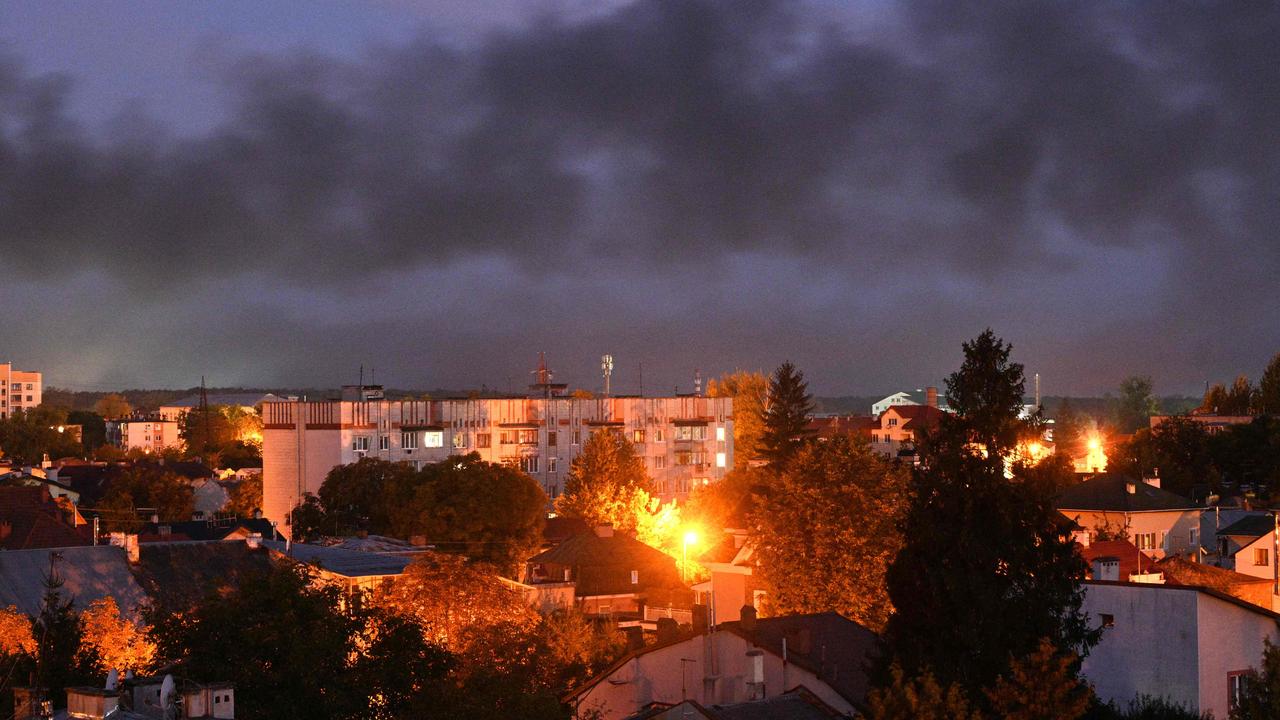
“The message is, if you want a deal, you’re going to crawl on your knees for it,” Russian political analyst Nina Khrushcheva told Time.
“Putin feels he is starting out with Trump from a position of strength.”
Putin wants Ukraine to hand its four eastern provinces over to Russia.
He wants all international trade embargoes lifted.
He wants all international military support for Ukraine to end.
And during his election campaign, Mr Trump expressed sympathy towards all these demands.
“Trump could mean anything for Ukraine – selling it for the sake of great power politics or doubling down on inflicting damage to Russia,” Russia and Eurasia analyst at Chatham House Orysia Lutsevych told Newsweek.
“But given his fascination with Putin, the risk is that the Kremlin can play the vanity card to its advantage. If Trump is convinced Ukraine is a problem to his ambition, it will be abandoned and will be presented as a European, not an American, problem.”
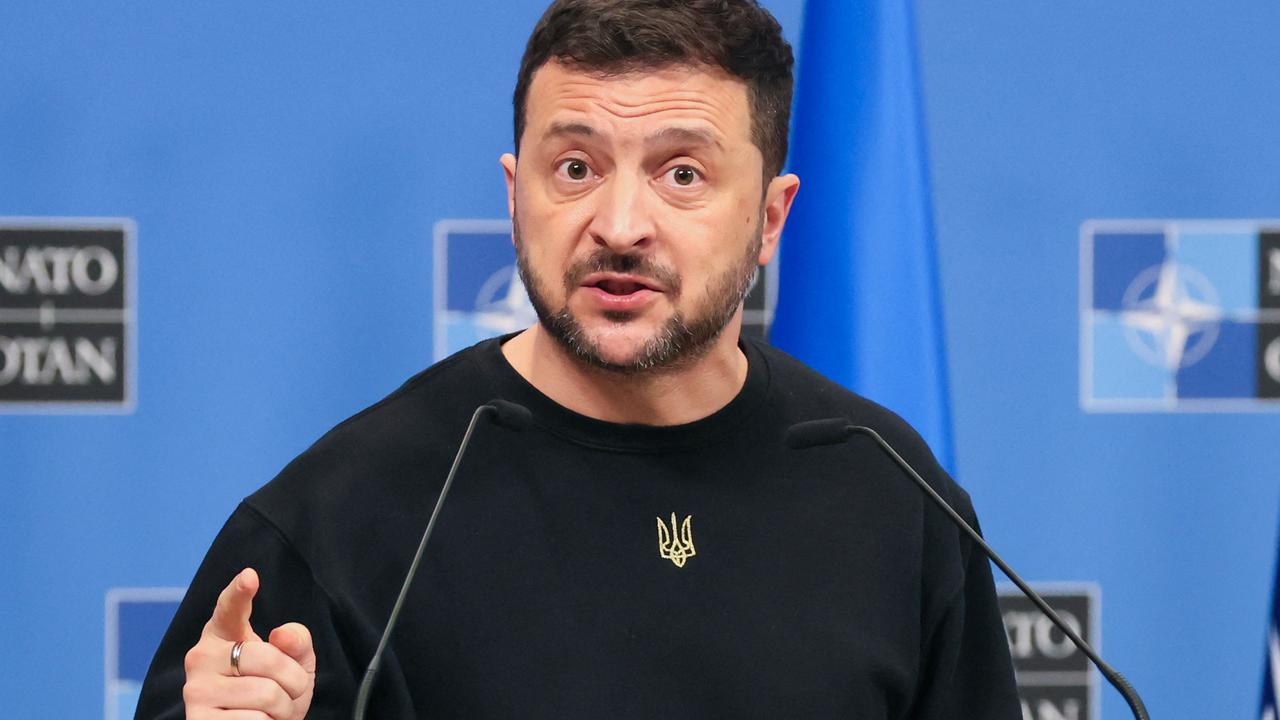
Ukraine’s fight for survival
“The US could, of course, sever all US financial and military aid and let Ukraine hang,” says Francis Harris of CEPA.
“But Europe would probably continue to support President Volodymyr Zelensky’s government, at least for some time, and the political storm caused by throwing Kyiv to the wolves would be explosive across the West.”
Meanwhile, the Wall Street Journal reports Mr Trump’s inner circle is openly discussing the option of “freezing” the war along its current front lines and imposing a “demilitarised zone” to separate the two combatants.
Kyiv has received hundreds of billions of dollars worth of economic and military aid from the United States and other Western nations, including Australia.
It argues it is fighting for the freedom of all Eastern Europe, as Putin has made clear his ambition to re-establish the Russian Empire as it was under Peter the Great.
But Putin’s troops have suffered staggering losses.
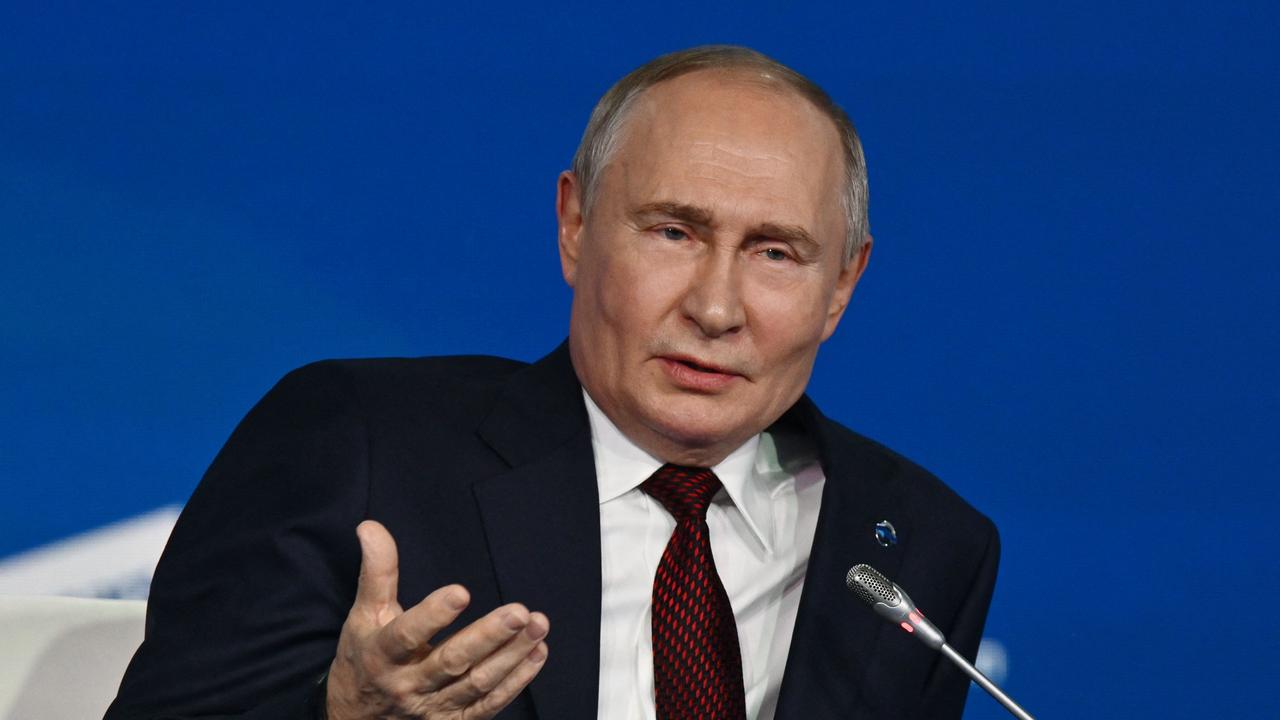
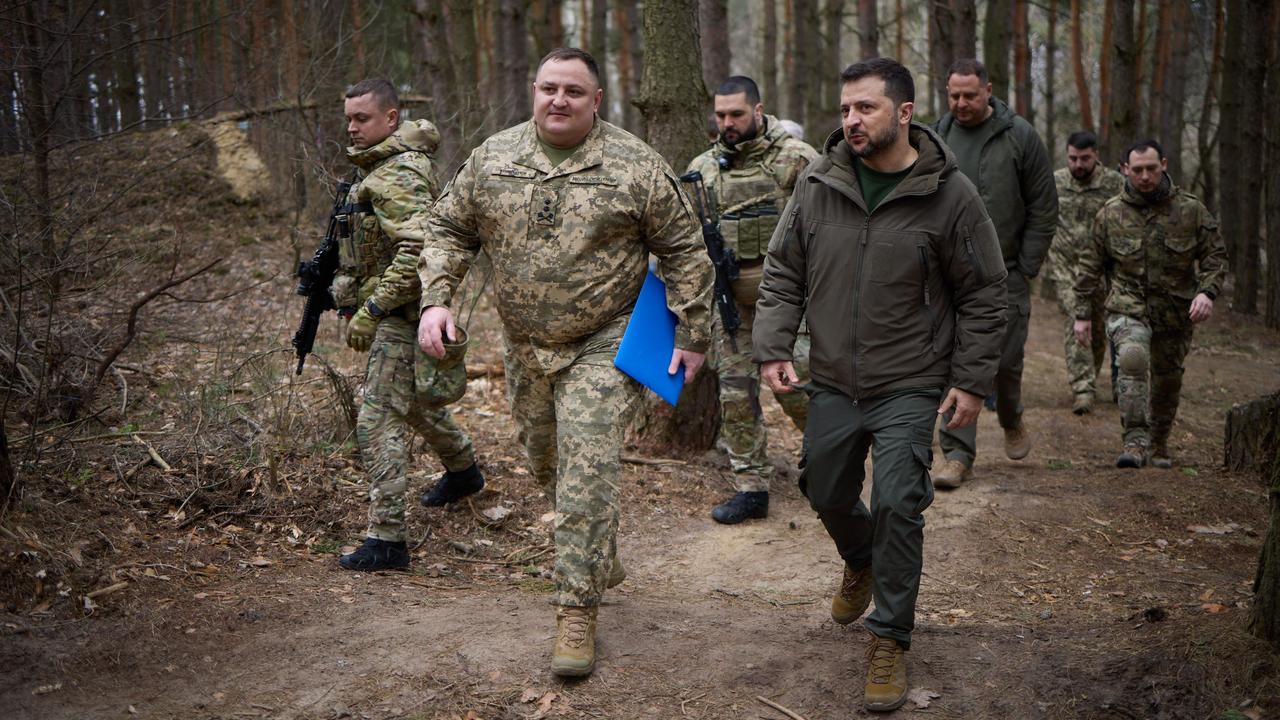
And the toll on tanks and combat aircraft has been far higher than anticipated.
Mr Trump says his solution will be to force both sides to the negotiating table.
But any outcome will also depend on what he brings to that table.
“Trump’s unpredictability could cut in many directions,” says Stanford University Hoover Institution historian Stephen Kotkin.
“Trump doesn’t believe one thing or the other on Ukraine. And so, in a way, anything is possible. It may turn out to be worse for Ukraine, but it may turn out to be better. It’s extremely hard to predict because Trump is hard to predict, even for himself.”And Kotkin warns that Mr Trump will focus on a threat much closer to home than Eastern Europe.
This is the “nontrivial chance of a great-power war breaking out in the Pacific theatre in East Asia – a war that the United States could lose, which is something we as a nation haven’t talked about in a long time,” he concludes.
Jamie Seidel is a freelance writer | @JamieSeidel